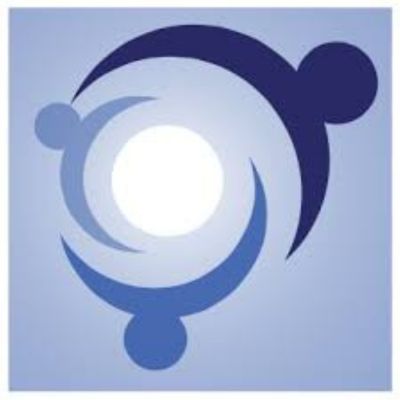About
Building on an initial collaboration, originally established in 2010, Project Lifecourse represents Ireland’s most visible contribution to the growing international field of life course studies. By combining and harnessing existing strengths and international networks from across the UNESCO Child and Family Research Centre (CFRC), the Irish Centre for Social Gerontology (ICSG), and the Centre for Disability Law and Policy (CDLP) it provides a unique opportunity to ensure the evolution of effective policy change across the life course and to avoid the policy gaps and conflicts that often plague social policy development.
Project Lifecourse also represents an investment of 2.6 million (1.5 million provided by The Atlantic Philanthropies) in the form of a dedicated programme of work and a significant capital investment in the form of a new purpose-built building. Augmented by a range of additional internal and external resources and capacities, it is intended that Project Lifecourse will become a catalyst for policy innovation, translational research and practice learning of national and international significance.
In addition to hosting teaching programmes, executive education schools and training workshops Project Lifecourse involves important collaborative work with citizens, communities and practice and policy stakeholders, and an extensive programme of research that will address crucial empirical and conceptual gaps in our knowledge concerning the life course of citizens.
The Life Course
Understandings of the life course focus on how major life events and cultural contexts shape the life paths and opportunities of individuals or social groups. The sequencing and timing of various life transitions, such as those around education, work and retirement, are a central area of interest in terms of how these are shaped by societies’ values, expectations and norms. It is a part of the work of Project Lifecourse to contribute to the further development of our understanding of the life course and how it applies to the lives of people in their communities. In its current work programme, Project Lifecourse addresses a range of features of the life course:
The 3-Cities Project
The 3-Cities Project is the first research initiative to commence within Project Lifecourse and focuses on Dublin, Limerick and Galway. The 3-Cities Project, which adopts a participatory and explorative qualitative approach, aims to re-imagine services and communities to maximise participation for potentially vulnerable people in their communities and cities and in Irish society. Focusing on older people (aged 65 years and over), children and youth (aged 12 to 18 years) and people with a disability (sensory/physical and intellectual disability) in Galway, Limerick and Dublin, the 3-Cities Project has five main objectives:
- Capture the diverse life-course perspectives of children and youth, older people and people with disabilities, on community participation, and integrate their voices into policy and practice innovation
- Explore the role of community and city contexts in shaping the participatory experiences of children and youth, older people and people with disabilities
- Critically review existing service infrastructure for supporting participation amongst children and youth, older people and people with disabilities in community and city life
- Underpinned by a commitment to citizen engagement, develop a shared understanding of the assets and opportunities of community living across the life course, with children and youth, older people, persons with disabilities, and local and regional stakeholders
- Develop, implement and evaluate integrative models for participation that support and enable children and youth, older people and people with disabilities
The 3-Cities Project has been interested in how to enhance the participation of the three citizen groups we have worked with in our cities. To reflect the multifaceted nature of community participation, the project has maintained a focus on services that support community participation related to health and social care, social inclusion and connection, housing, transport, and education, training and employment.
The 3-Cities Project is an ambitious and unique programme of work which is the first example of an applied research effort to address this topic for the three target groups in an integrative way. The work programme gives particular consideration to how services and communities can account for life transitions and life pathways, and aspects of human development across the life course.
Further Reading
If you are interested in finding out further detail on these and other perspectives of life course studies, you may find it useful to consult the following academic papers:
Alwin, D. F., (2012), Integrating Varieties of Life Course Concepts, The Journals of Gerontology Series B: Psychological Sciences and Social Sciences, 67(2), 206-220.
Dannefer, D., (2012), Enriching the Tapestry: Expanding the Scope of Life Course Concepts, The Journals of Gerontology Series B: Psychological Sciences and Social Sciences, 67(2), 221-225.











